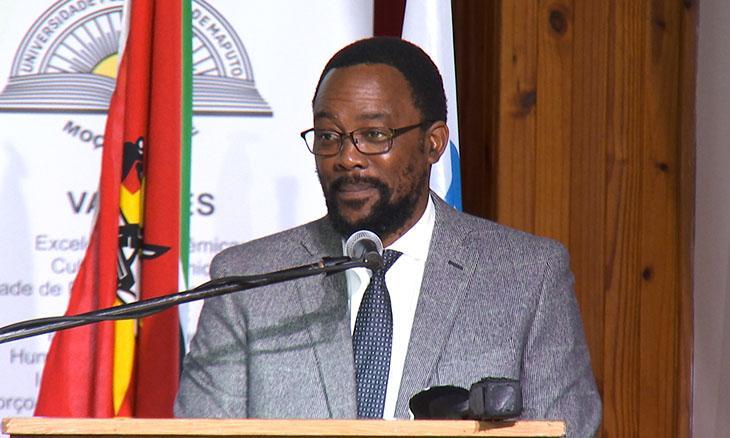Africa-Press – Mozambique. The Samora Machel International Conference started in the city of Maputo this Wednesday. The event brings together national and foreign academics, researchers, former and current state leaders, fighters in the national liberation struggle and the Machel family. Speaking on behalf of the Foundation named after the first President of Mozambique, Samora Machel Júnior asked: “What are we missing? What do we lack?”
Responses came from the audience, and included peace, leadership, social justice, democracy, freedom of expression and good management. Samora Machel Júnior said that the commitment of citizens is still lacking.
Quoting his father, Machel Júnior said that the fight continues towards an increasingly better country.
“With conferences like these, we can start thinking about the country, about a better future. As Samora said, the fight continues, the fight continues, the fight continues…. the fight continues against what? ”
And this question was left unanswered by the audience.
The Faculty of Social Sciences and Philosophy of the Pedagogical University of Maputo is the organiser of the event, and it was from the rector of this institution Jorge Ferrao that the indication came that Samora Machel’s ideals are, nowadays, faced with new dynamics and challenges.
“We still face social and economic imbalances in various parts of our country, which, in a way, reflect the struggle that Samora Machel was willing to take on. Likewise, we think about the growing wave of xenophobia and violence that are a sad turn of events in the trajectory of national unity, harmony and even our regional harmony,” he said.
The speaker called Samora Machel a humble, demanding figure committed to the national cause.
António Hama Thai noted that Samora Machel did not benefit from the decisions he himself made.
Speaking about the Nkomati Agreement, signed in 1984 between Mozambique and South Africa, aiming at non-aggression and good neighbourliness, Jacinto Veloso, who was a member of the government of Samora Machel and one of the negotiators of the agreement, said that the decision of the first President of Mozambique in signing it demonstrated courage, given that there were voices against it both inside and outside the country.
“It was another strategic and very courageous decision by Samora Machel in the context of defending the state’s interest and preserving national sovereignty. It was very courageous because the decision went against some internal positions that felt that, politically, one should not negotiate with apartheid. President Julyus Nyere insisted on Samora not negotiating anything with apartheid, and I personally participated in this complex negotiation.”
Another speaker at the event, Angolan academic Moreira Bastos, emphasised that Samora Machel was the builder of the bridge between Mozambique and Angola.
“The other issue was that Samora is a big guy, he is a giant, he is a big man. What am I going to say about Samora? So, the topic came to me: ‘Samora Machel – Bridge of Indian-Atlantic dialogue’, because, in fact, Samora Machel was that bridge between Mozambique and Angola. That bridge continues, it did not die, it continues in another form,” he said.
After these interventions, debate followed. Arlindo Chilundo, academic and former government official, was one of the first to intervene.
“Because today, in conditions that were even better between the 70s and 80s, there was a lot of hunger and a lot of difficulties from then on, but corruption had no room to grow, but today we have better conditions than at that time, but corruption is sweeping all this away. Why? What is missing from Samora Machel’s inspiration to eradicate these injustices?” Chilundo asked.
Other participants took part in the debate about Machel’s work.
António Hama Thai pointed out that Samora Machel did not himself benefit from the decisions he made.
“After all that has been said, Samora Machel provided top-level leadership. Samora Machel nationalised the buildings and kept none, closed the border with the British colony of Southern Rhodesia and did not take advantage of all the other processes of the communal villages. Samora did not take advantage. When sending students to Cuba, Samora Machel made a point of making sure that all districts were represented.”
Roberto Chitsondzo’s music created a nostalgic atmosphere among participants at the Samora Machel International Conference, including participants from South Africa, Zimbabwe, Angola, Germany and others who participated remotely.
For More News And Analysis About Mozambique Follow Africa-Press






